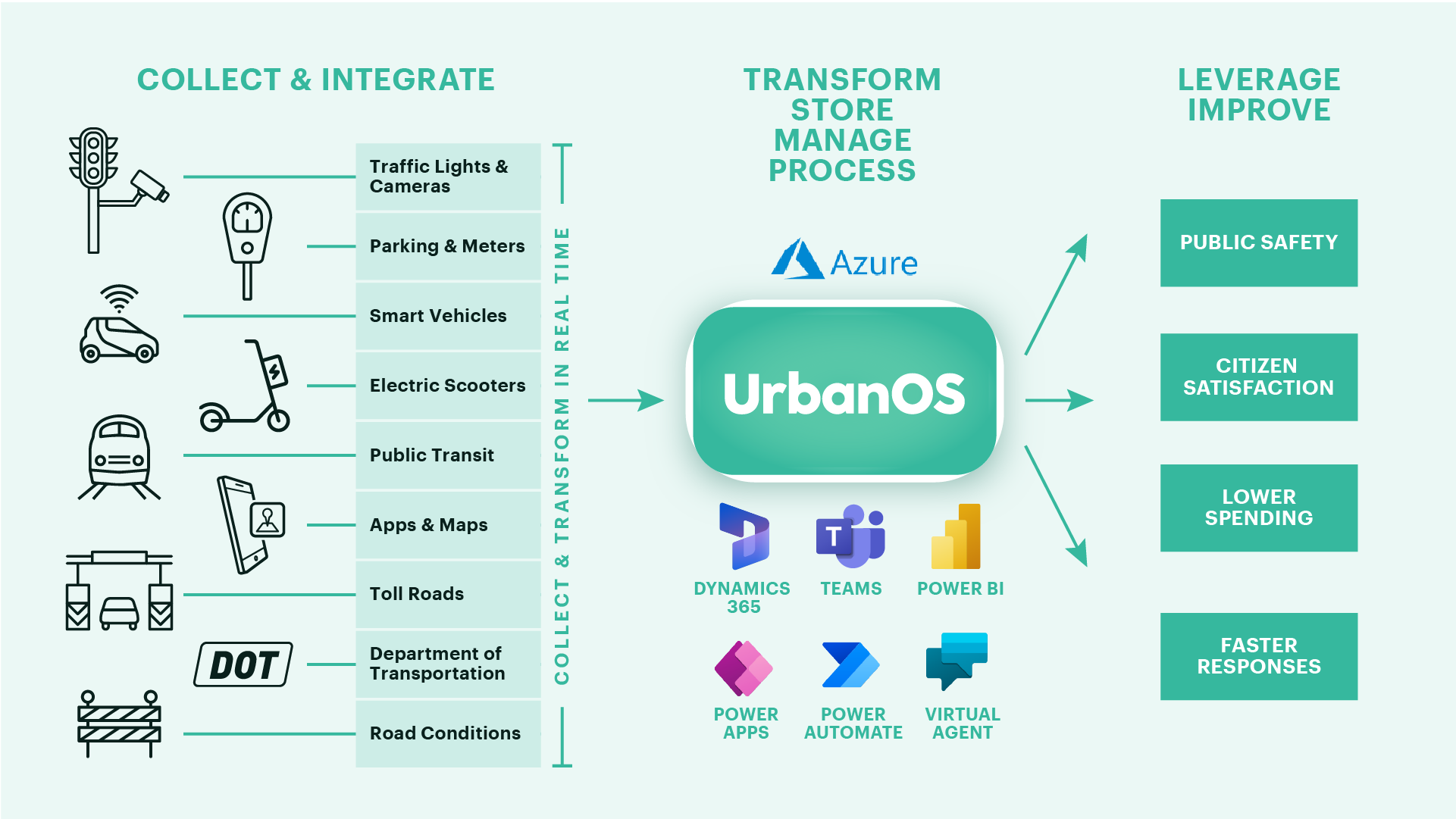Author | M. MARTÍNEZ EUKLIDIADAS
Coworking spaces have gradually established themselves as interesting solutions in terms of sharing the workplace. These urban environments offer a flexible response in the search for places in which to meet other professionals and even carry out an activity with very reduced structural costs. That is why it has become a popular model among teleworkers and entrepreneurs, helping them create contact networks.
What is a coworking space?
Coworking, also known as cooperative work, or integrated offices, consists of a form of work in which a group of entrepreneurs, who do not necessarily have to be affiliated with one another, share a work space with the aim of sharing knowledge, identifying common projects, synergies or working on future projects. It is an up-to-date version of the business centers of the past.
It is common to find these types of initiatives in many cities, with a focus on specialist coworking spaces. The aim of these is for desks to be occupied by workers dedicated to the same sector. They are a way of boosting a specific sector such as software development, social integration, robotics or public transparency.
Initiatives such as Coworkies, a directory of coworking spaces, help professionals find their closest coworking centers. This will enable them to work with other professionals.
Why is coworking interesting?
Coworking produces results because people from different areas of knowledge can share a space. As is the case in many high-density cities, social interactions are condensed in innovation. Sharing the same space, whether this is a physical or virtual space, is key to creating new ideas.
It has long been established that concentrating certain industries in the same area (a hub), has a strong impact on businesses, as is the case in Silicon Valley in the U.S. or Zhongguancun in China. And the same occurs with companies and freelancers when they coincide in the same space.

Attracting talent: the difficulty of these work centers
Coworking spaces have serious problems in small cities or in those in which there is not a critical mass of professionals from a specific sector willing to work in these centers. In other words, they struggle to attract talent. This is why so many coworking spaces are deserted.
Best coworking spaces: what must they provide?
If the aim of coworking spaces is to create new work opportunities by bringing numerous professionals together, the first key aspect is affordable access via public transport, if possible in the heart of the cities and close to where people live.
They must also be equipped with all the characteristics required for these professionals: ergonomic desks and chairs, well-lit spaces, high-speed internet connection or conference rooms. And, if it is feasible, additional services such as kitchens or rest areas.
How does coworking fit in with COVID-19?
The theory regarding how to adapt coworking to COVID-19 is not too complex, however, its implementation may be. In essence it involves designing larger and well-ventilated spaces (preferably with natural ventilation) in which workers must use masks and maintain a safe distance from one another at all times. It also involves limiting the capacity.
The situation is complicated in any event. The leading real estate consultancy Knight Frank indicated in September that it expects most independent spaces to struggle to survive, which is complicated when around 80% do not form part of the Top 10. A prolonged lockdown may result in these companies closing down, so we can expect a reduction in the number of these on offer and a greater presence of major firms or, at least, those with more resources.

It is difficult to predict how the market will evolve. There are firms in India, which has been hit hard by the pandemic, that have managed to stay afloat and are on course for a V-shaped recovery, while in Spain, where this formula was gaining supporters, the demand for coworking spaces dropped by 80%. Given this situation, many spaces have started offering virtual training sessions and meetings, leaving physical spaces for tasks that require attendance-based work.
Curiously, some experts believe that coworking could experience a recovery as the pandemic abates. A report by Cushmand & Wakefield indicates that coworking spaces may be more attractive to many workers seeking an office closer to home, and could also be boosted by the “resurrection” of the suburbs in countries such as the United States, where travelling to the center is often costly in terms of time and money, not to mention the issue of crowds on public transport.
The general idea is that some large firms could start showing an interest in dispersing some departments, looking for smaller and less expensive offices, while they maintain the highest number of workers possible close to their homes, renting coworking spaces when and where needed. Could this be the solution the industry requires? It seems that a great deal more will be required, but it could be a start.
Images | iStock/Maryna Andriichenko, iStock/Maryna Andriichenko, Johnson Wang




















































